To me there has never been a higher source of Earthly honor or distinction than that connected with advances in science
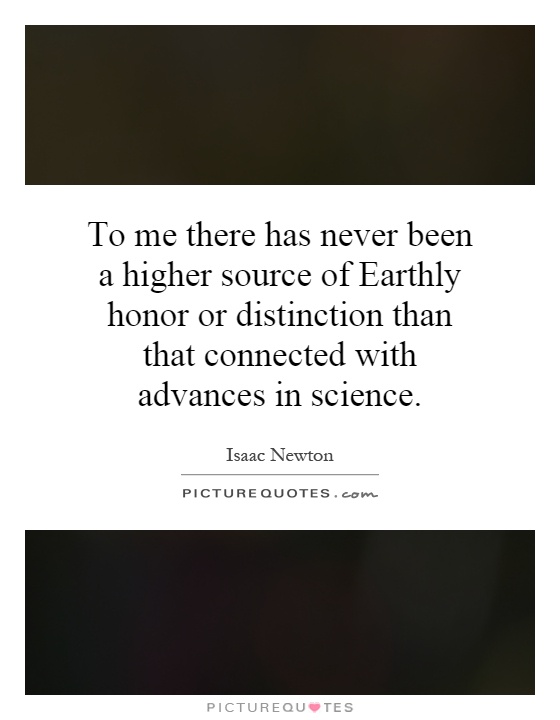
To me there has never been a higher source of Earthly honor or distinction than that connected with advances in science
Isaac Newton, one of the most influential scientists in history, embodies the idea that there is no higher source of Earthly honor or distinction than that connected with advances in science. Newton's groundbreaking work in physics, mathematics, and astronomy revolutionized our understanding of the natural world and laid the foundation for modern science.Newton's most famous contribution to science is his theory of universal gravitation, which states that every object in the universe attracts every other object with a force that is directly proportional to the product of their masses and inversely proportional to the square of the distance between them. This simple yet profound insight explained the motion of the planets, the tides, and the behavior of objects on Earth, and it remains a cornerstone of physics to this day.
In addition to his work on gravity, Newton made significant contributions to mathematics, inventing calculus independently of Gottfried Wilhelm Leibniz. His laws of motion, which describe the relationship between an object's mass, its acceleration, and the forces acting upon it, laid the groundwork for classical mechanics and provided a framework for understanding the motion of objects in the physical world.
Newton's work in optics was equally groundbreaking. He demonstrated that white light is composed of a spectrum of colors and developed the first reflecting telescope, which allowed astronomers to see farther into space than ever before. His experiments with prisms and lenses paved the way for the development of modern optics and the study of light.
Throughout his life, Newton received numerous honors and accolades for his scientific achievements. He was elected a Fellow of the Royal Society in 1672 and served as its president from 1703 to 1727. He was knighted by Queen Anne in 1705 and appointed Warden and later Master of the Royal Mint, where he oversaw the recoinage of England's currency.

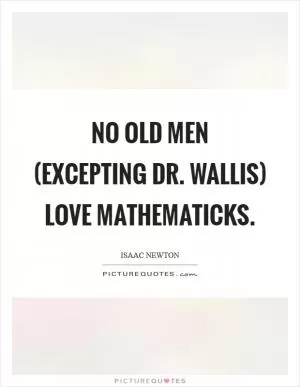

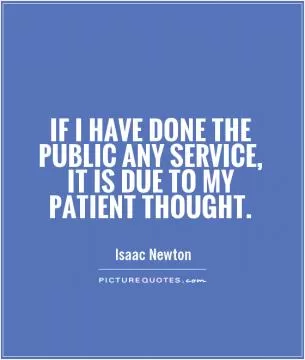
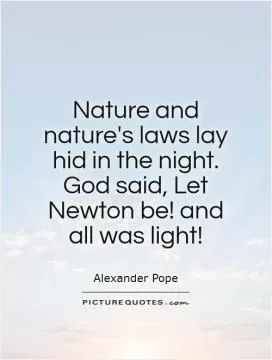


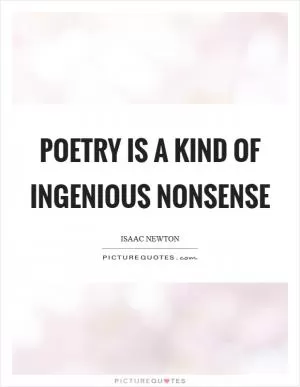

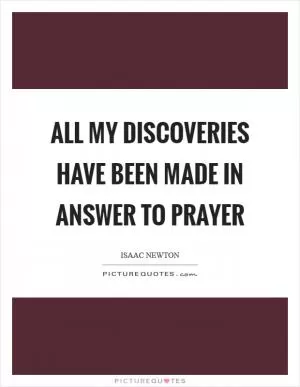
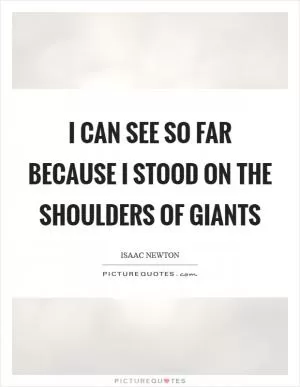
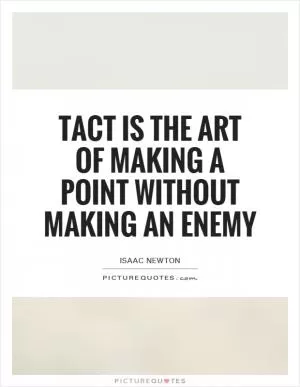
 Friendship Quotes
Friendship Quotes Love Quotes
Love Quotes Life Quotes
Life Quotes Funny Quotes
Funny Quotes Motivational Quotes
Motivational Quotes Inspirational Quotes
Inspirational Quotes